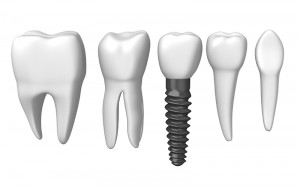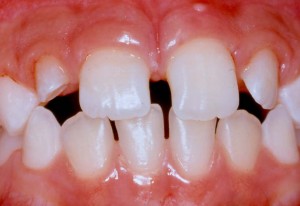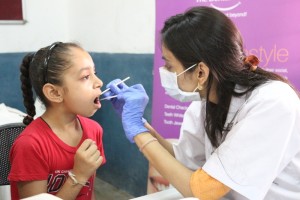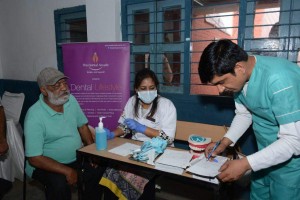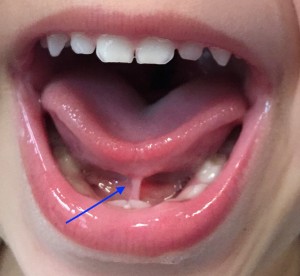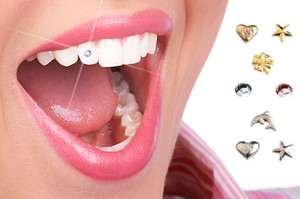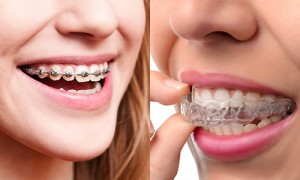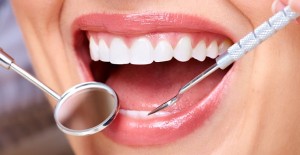Thumbsucking is a natural reflex for children which gives them gratification.
Thumbsucking Affects Child’s Teeth?
After permanent teeth come in, sucking may cause problems with the proper growth of the mouth, alignment of the teeth and changes in the roof of the mouth.
The intensity of the sucking like they are passively or vigorously sucking, determines whether or not dental problems may result.
Children Stop thumbsucking?
Children usually stop sucking between 2-4 years.
Consult your dentist if you notice changes in your child’s primary teeth, or are concerned about your child’s habit.
What should be done for Stopping Thumbsucking?
- Encourage your child for not sucking.
- Focus on correcting the cause of the anxiety and provide comfort to your child.
- For an older child, ask him to stand in front of mirror and see himself. How he looks and tell what is bad for him.
- Your dentist can praise your child and explain what are the adverse effects of thumb sucking to him.
If these tips don’t work,break the habit by bandaging the thumb or putting a sock on the hand at night. You can apply asafoetida(hing) or band-aid.
Your dentist or pediatrician may prescribe a bitter medication to coat the thumb or the use of a mouth appliance.



